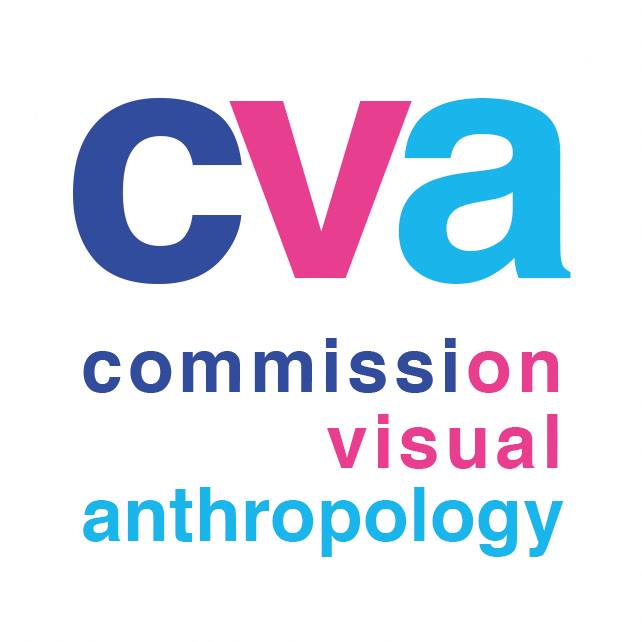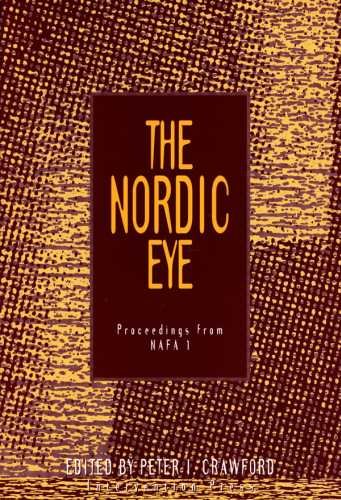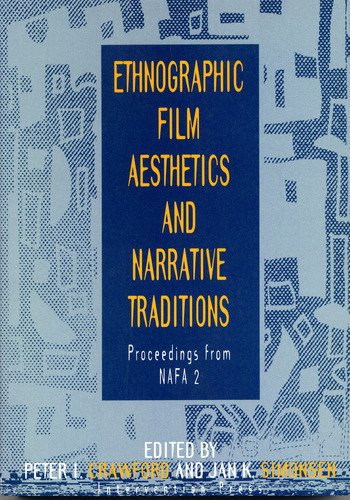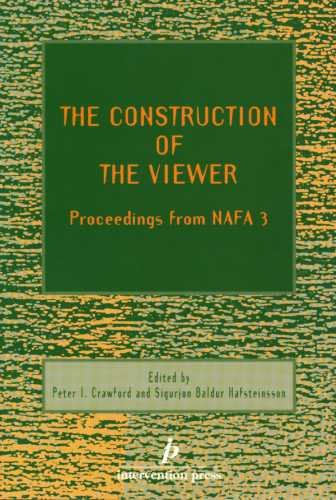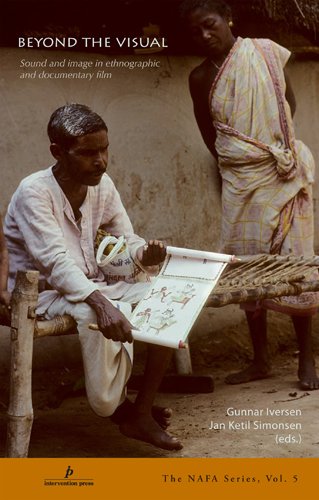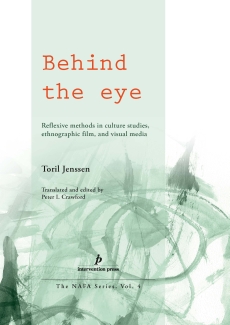Editorial Board

Anne Sofie Møller Askholm
Anne Sofie M. Askholm is a visual anthropologist and PhD fellow at Aalborg University Copenhagen. Her project concerns the relation between ethics, everyday practices of energy consumption, and ways of practicing sustainability. She has a BA in religion and anthropology, and a MA in visual anthropology from Aarhus University, Denmark, and she has studied photography and film at Fatamorgana, The Danish School of Art Photography. Her research interests cover human-environment-climate relations, the Anthropocene, and politics, power and (in)equality related to environment and consumption as well as visual ethnographic methods and documentary filmmaking.

Armina Dinescu
Educated in visual anthropology, Armina thrives at the junction between academic curiosity and pragmatic sensibility. In her undergrad and masters, most of her research has focused on digital anthropology and encounters with non-humans (huldufólk in Iceland, or therapy horses in the US). As a grown-up, by day, she works with user research in tech environments and organises the Copenhagen-based anthropological film festival Sjón. By night, she dreams of multispecies ethnography.

Anne Chahine
Anne Chahine is a PhD candidate in the Anthropology department at Aarhus University in Denmark with an interest in visual and multimodal anthropology. She is a research fellow at POEM (Participatory Memory Practices), a project funded by the European Union’s Horizon 2020 research and innovation program. Her work focuses on memory, future anthropology, historicity, sensorial methods, and collaborative approaches to knowledge production. As part of her PhD project, she developed the virtual exhibition space The Future Memory Collection, exploring future-oriented narratives together with young people from Kalaallit Nunaat (Greenland).
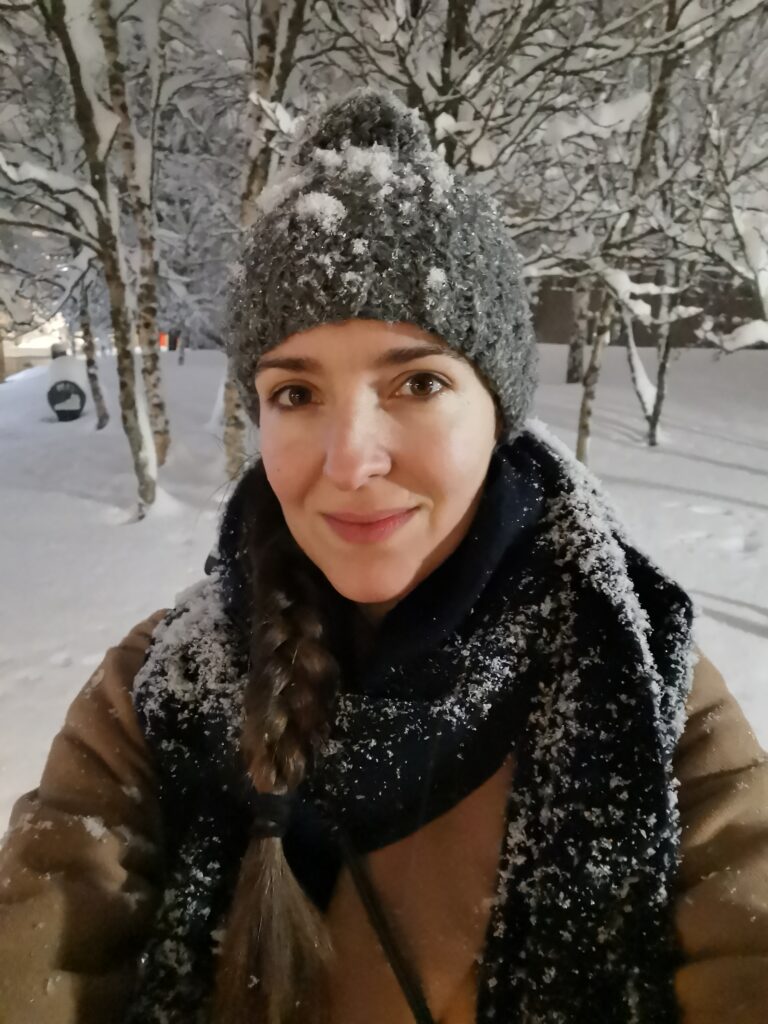
Carolina Némethy
Carolina Némethy is a PhD fellow at the UiT, the Arctic University of Norway, as part of the EA:RTH project (Ethnographic Action: Researching Transformations of Humans and Environment on a Disrupted Planet). She is a visual anthropologist with an interest in documentary filmmaking, multispecies ethnography, medical and environmental anthropology, and sensorial place-making practices. Her current research bridges existential and multispecies anthropology in the context of crisis in the Anthropocene. She holds a Bachelor of Science in social anthropology from the University of Gothenburg, Sweden, and a Master of Science in anthropology from the University of Copenhagen, Denmark.
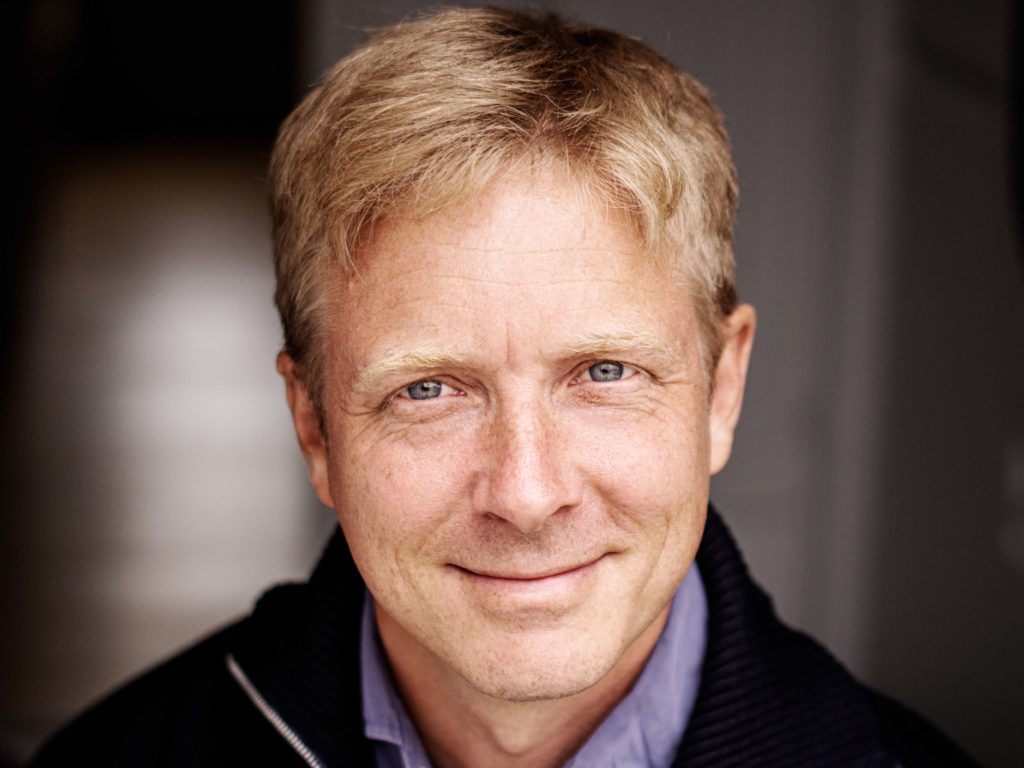
Christian Suhr
Christian Suhr is a filmmaker, associate professor, and coordinator of the Eye & Mind MSc-Track of Visual Anthropology at Aarhus University. His research has focused on invisible spirits, psychiatric illnesses, demonic and divine forces, and how film can be used to approach unseen dimensions of human life. He has explored these topics during fieldwork projects in Egypt, Papua New Guinea, and Denmark. In the coming five years he will as PI dedicate his time to the ERC-project: “Heart Openings: The Experience and Cultivation of Love in Buddhism, Christianity, and Islam”.

Christos Varvantakis
Christos Varvantakis is a social anthropologist working at Goldsmiths, University of London. His research focuses on childhood, politics, urban cultures, and archives, as well as on visual and multimodal research methodologies in the social sciences. He is the head of programming of the Athens Ethnographic Film Festival and co-editor of the journal entanglements: experiments in multimodal ethnography.
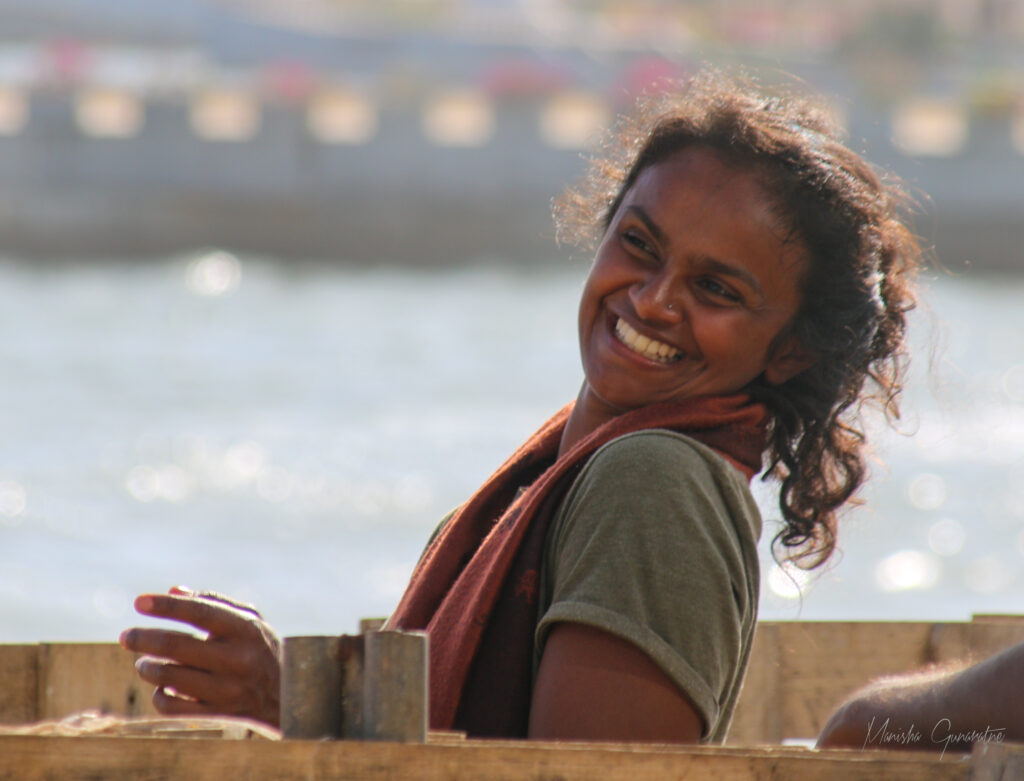
Ilakkiya Mariya Simon
Ilakkiya Mariya Simon is an anthropologist and filmmaker based in Norway. Her Sri Lankan Tamil ancestry is what underpins her anthropological interests exploring existential themes of home, belonging, identity, and the environment. “A Letter To Lanka” (2023) is her first ethnographic film. She serves on the film selection committee for this year’s NAFA film festival

Juan F. Cuyás
Juan F. Cuyás is a PhD candidate at the Universitat de Barcelona, working within the ERC research project Visual Trust: Reliability, Accountability, and Forgery in Religious, Scientific, and Social Images (2021–2026). As an anthropologist, his research focuses on visual and multimodal methodologies, the anthropology of religion, political ecology, and South Asia and its diaspora. He has conducted extensive audiovisual fieldwork in Spain, the Netherlands, and India, exploring these themes. His work as a filmmaker and photographer has been showcased in academic and artistic contexts, including ethnographic film festivals and photography exhibitions. His current research examines the role of visuality in shaping trust, legitimacy, and religious authority within contemporary religious movements in India.
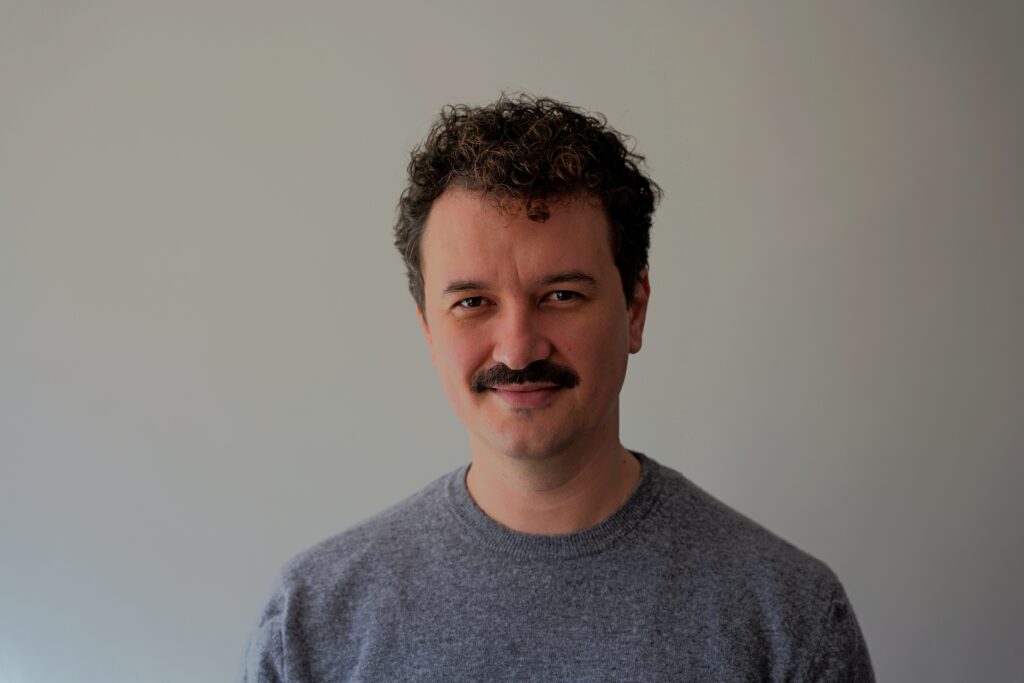
Mihai Andrei Leaha
Mihai Andrei Leaha is an audio-visual researcher, anthropologist and educator, author of ethnographic films. With a significant background in curating, promoting, and programming ethnographic films, Mihai Andrei Leaha has been also actively involved and organized in conferences and festival events in Brazil, Romania, Germany and Spain. He has published articles in collective books and organized dossiers in relevant journals (Cultural Anthropology, Visual Studies, Visual Ethnography, Multimodality and Society) contributing to the fields of anthropology, multimodality, ethnomusicology, AI and disinformation studies. Moreover, his ethnographic films have won prizes and recognition and ethnographic and documentary film festivals. Since 2023 he is the chair of the commission of visual anthropology (CVA) of the IUAES. The researcher has been teaching visual anthropology in Romania, Brazil and Spain and has organized various workshops on visual and multimodal anthropology across Romania, Brazil, and Peru. Currently he is developing post-doctoral research at the University of Barcelona, focusing on the Visual Fake as part of the ERC Project Visual Trust. Reliability, accountability, and forgery in scientific, religious, and social images (2021-2026).
History of NAFA
NAFA, the Nordic Anthropological Film Association, is an organization focused on anthropological documentary film that promotes the use and usability of anthropological films/documentaries.
NAFA is an organization for cooperation within the field of visual anthropology and has been active since the mid-1970s. The institutional membership is primarily made up of social anthropological institutions and ethnographic museums in the Nordic countries, plus several regional colleges and media schools. NAFA also has a growing number of individual members in the northern countries and around the world.
One of NAFA`s most important tasks has been to build up an anthropological film collection; for use in teaching and research; a unique collection of classic and more recent ethnographic films, which is matched only by a few of the world’s most important and largest ethnographic film collections.
NAFA also arranges an annual International Film Festival and Conference where ethnographic films are shown and discussed with a large audience.
In 2017, NAFA has launched the Journal of Anthropological Film (JAF), a peer-reviewed journal that publishes films that stand alone as original, empirical contributions based on social anthropological research.
You can read more about NAFA’s history from founding member Peter Crawford: Crawford, P. I. (2017), ‘The Nordic Eye Revisited. NAFA, 1975 to 2015’, In: Vallejo, A. and M. P. Peirano (eds.), Film Festivals and Anthropology, Newcastle upon Tyne: Cambridge Scholars Publishing, pp. 179-191. (Access to Russian translation here)
How to become a member of NAFA
The NAFA Film Collection consists of films about how people in all corners of the world live their everyday lives. The films are specially selected for you who teach or study anthropology, cultural studies, cross-cultural communications and so on or who just are interested in the worldwide variation on how people make their living and express their culture and identity. The films are selected from those films in the NAFA archive that have the permission to be shared by NAFA members for non-commercial and educational screenings only. NAFA Members can log in and watch the films in full length.
NAFA Book Series
NAFA publishes the NAFA Book Series in cooperation with Intervention Press. Often, the books are based on proceedings from thematic conferences forming part of the annual ethnographic film festivals. The books are available here: www.intervention.dk. NAFA members are eligible for a 20 % discount.
Contact us
For any corrections or inquiries that are not contributions to NAFA Newsletter, please reach out to us on our editorial email.


